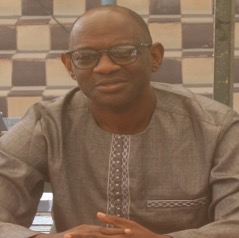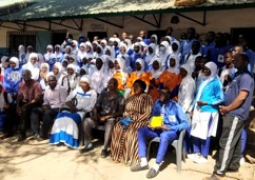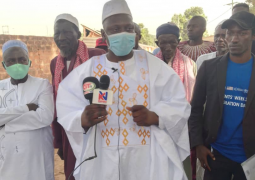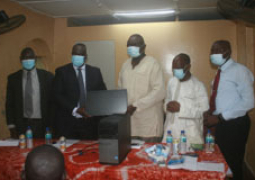
It would be recalled that in 2019, with the support of UNESCO, The Gambia was able to submit its first quadrennial periodic reporting, whereby the National Centre for Arts and Culture (NCAC) worked with the stakeholders which include writers, broadcasters, civil society organisations in arts and culture, the press, theatre, filmmakers among others to assess the improvement, challenges and the promise that have been registered in the creative sector since the Gambia adhered to the Convention in May 2011.
According to Hassoum Ceesay, Director General of the National Centre for Arts and Culture, this UNESCO 2005 Convention is very important as it takes care of the performing arts issues – media diversity, and press freedom and it promotes the role of civil society organisations in the management of arts and culture.
The renowned historian reminded that it also links sustainable development with arts and culture.
"Four years after the first report, we have done it again. We worked with the UNESCO who had supported us and the QPR was done successfully. In the report we updated UNESCO what The Gambia has done in meeting its obligation towards the 2005 Convention on the promotion and protection of cultural diversity in The Gambia. ” Mr Ceesay expressed.
He recalled that during the period, they worked with stakeholders and there were different awareness workshops held for the media, CSO’s, artists, the QPR team and so on, and it was facilitated by the UNESCO consultant, Ms Ojoma Ochai from Nigeria.
“Among the things that we were happy to report about is the recently promulgated regulation for the creation of the National Endowment Fund for Arts and Culture which is a major achievement and also training of female artists to improve their status by making them more professionals. We also reported on the successful study made by the NCAC with the help of UNESCO about the condition of female artistes in the Gambia and it is a published 30 page report. This is the first empirical data of arts and culture in The Gambia.”





